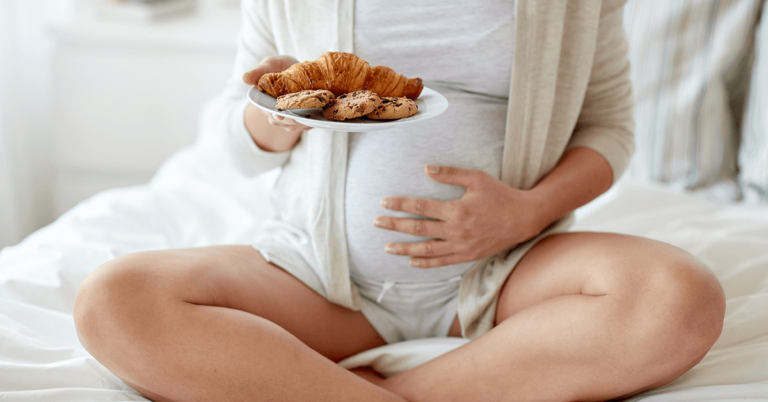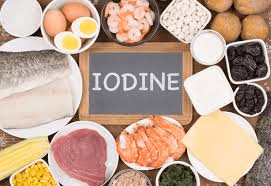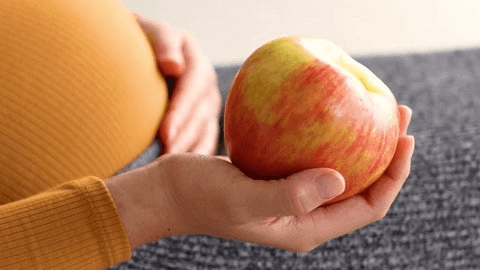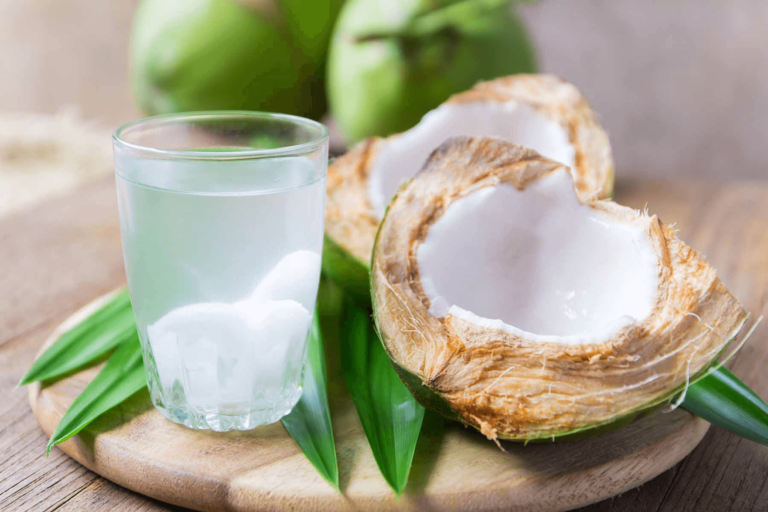3 Fruits to Avoid During the First Trimester of Your Pregnancy
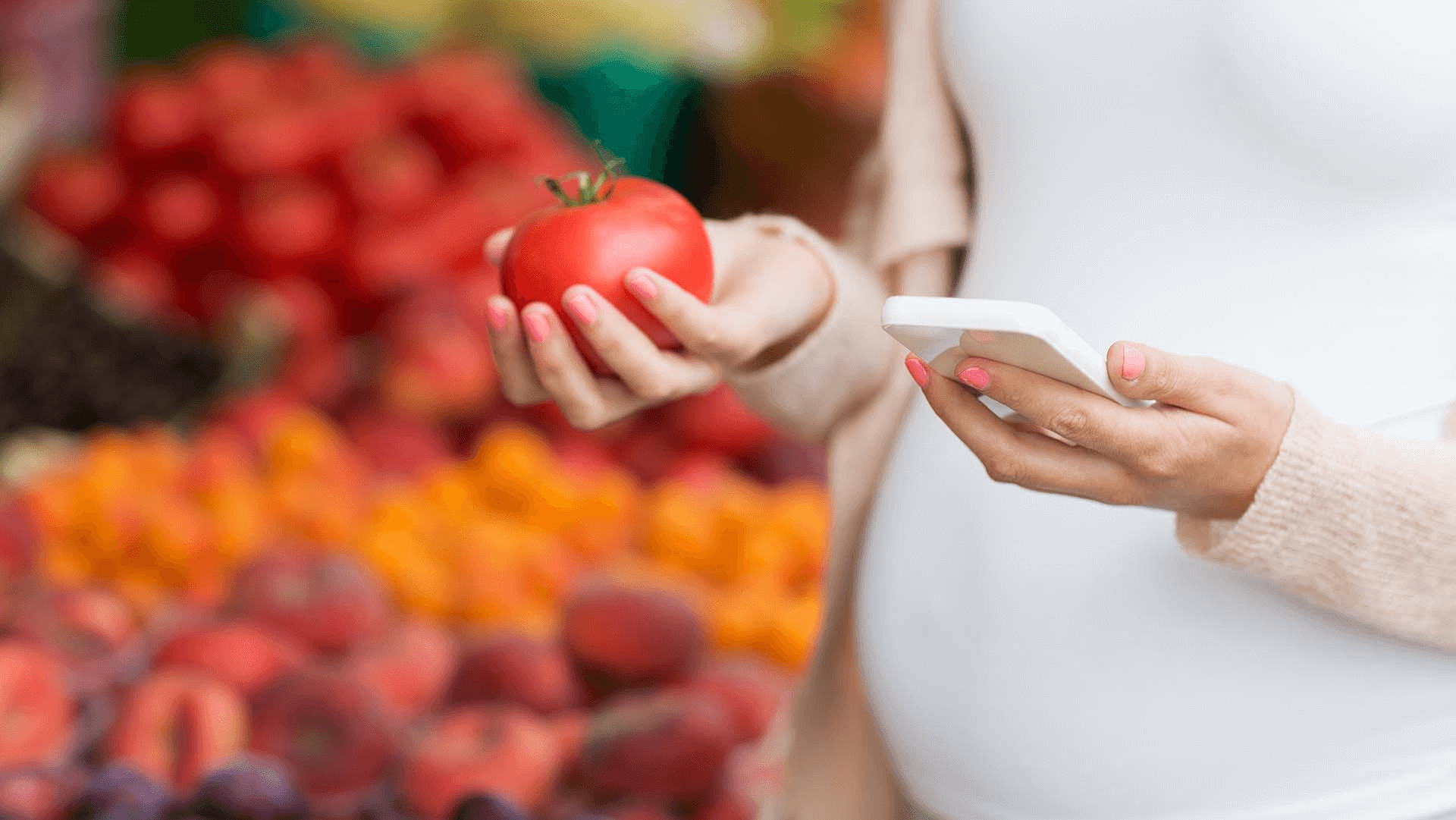
Pregnancy is a journey filled with many changes, from morning sickness to rapid body transformations. One significant change is your diet: knowing what’s safe and beneficial to eat and what isn’t. While many fruits are healthy, some should be avoided during the first trimester. Let’s explore three fruits to avoid to ensure a healthy pregnancy.
Why is the First Trimester of Pregnancy So Important?
The first trimester, covering the first three months, is crucial as your baby’s organs and systems begin to develop. Although your bump may not be showing, your baby is growing rapidly and is particularly vulnerable. The fetus does not have its own immune system yet, making it susceptible to harm from drugs, infections, and certain foods.
To keep your fetus healthy, it’s important to refrain from alcohol, caffeine, smoking, and drugs, and to adopt healthy lifestyle habits like regular exercise, adequate hydration, and a nutritious diet. Surprisingly, some fruits should also be avoided during this period.
3 Fruits to Avoid During the First Trimester of Pregnancy
1. Grapes
Opinions on grapes during pregnancy vary. While grapes are rich in vitamins A and C, there are concerns about:
- Resveratrol Toxicity: The skin of grapes contains resveratrol, which can react with the high hormone levels in pregnant women and may be harmful.
- Pesticide Residue: Grapes are often sprayed with pesticides that are not easily washed off, posing health risks.
- Constipation: The skin of grapes can be difficult to digest, potentially causing constipation.
- Heatiness: Grapes can increase body heat, which might not be ideal during pregnancy.
Consult your doctor for personalized advice regarding grape consumption during pregnancy.
Also read: 9 Foods To Avoid During The 1st Trimester Of Pregnancy
2. Unripe and Semi-Ripe Papaya
While ripe papayas are safe and nutritious, unripe and semi-ripe papayas should be avoided because they:
- Contain Latex: This can cause early uterine contractions and potentially lead to miscarriage.
- High in Papain: This enzyme can trigger early labor by mimicking prostaglandins, which initiate labor.
- Allergenic: Latex in papayas can cause allergic reactions, including runny nose, swelling, and rashes, and in severe cases, breathing difficulties.
Avoid dishes containing unripe papaya, like green papaya salads and smoothies with papaya seeds.
3. Pineapple
Pineapples are delicious but contain bromelain, an enzyme that can:
- Soften the Cervix: Potentially leading to early labor.
- Cause Bleeding: Bromelain tablets are potent protein-breakers that may cause irregular bleeding.
While you would need to consume large quantities to induce labor, it’s best to avoid bromelain supplements and limit pineapple intake. Excessive pineapple consumption can also lead to acid reflux and allergic reactions.
More Tips About Eating Fruit During Pregnancy
Unwashed fruits can carry harmful bacteria like toxoplasma, which can cause infections in both mother and baby. Always wash fruits and vegetables thoroughly before consumption.
Why Should Pregnant Women Eat Fruits?
Fruits are crucial in a pregnant woman’s diet as they provide essential nutrients, vitamins, antioxidants, and fiber while being low in calories. Benefits of eating fruits include:
- Preventing Cell Damage: Antioxidants in fruits reduce fetal cell injuries.
- Reducing Infant Wheezing: Linked to higher apple consumption.
- Lowering Childhood Eczema Risk: Associated with eating citrus fruits.
Safe Fruits to Eat During Pregnancy
- Apples: High in fiber, vitamins A & C, and potassium.
- Oranges: Hydrating and rich in folate and vitamin C.
- Bananas: High in potassium, vitamin B-6, vitamin C, and fiber.
- Avocados: Nutrient-dense with vitamins B, C, K, fiber, magnesium, potassium, iron, choline, and folate.
- Berries: Packed with carbohydrates, vitamin C, folate, fiber, and antioxidants.
We hope this guide on fruits to avoid during the first trimester helps you maintain a healthy and safe pregnancy. For more tips and information, visit Babyix.com.
Also read: Is The Keto Diet Safe While Pregnant?


